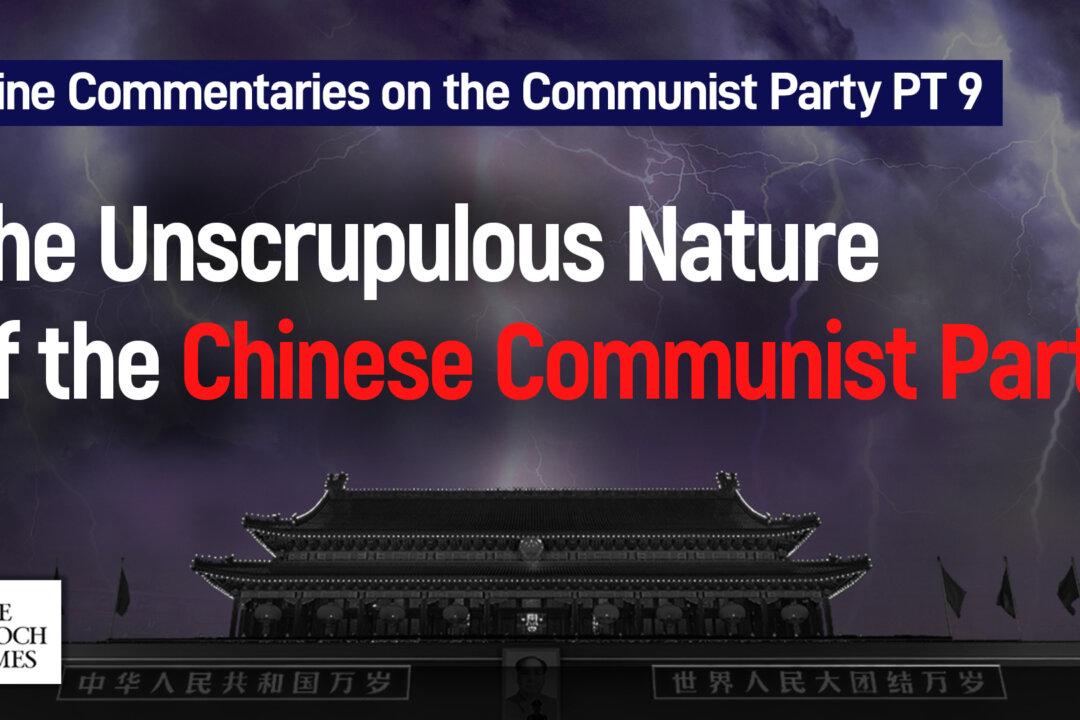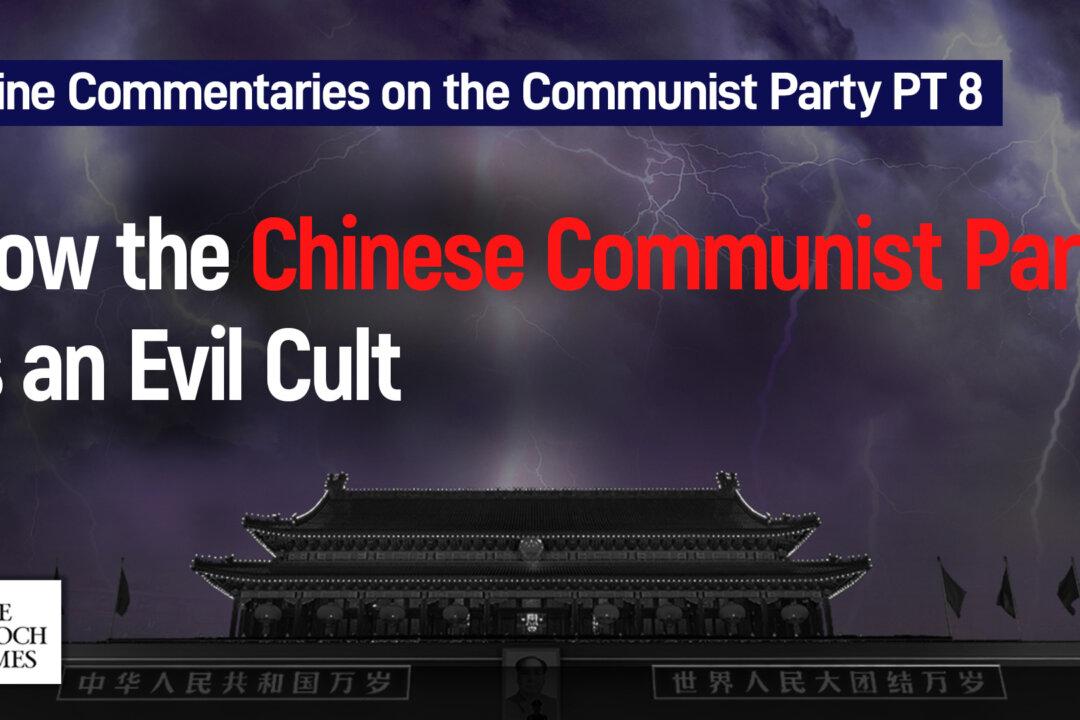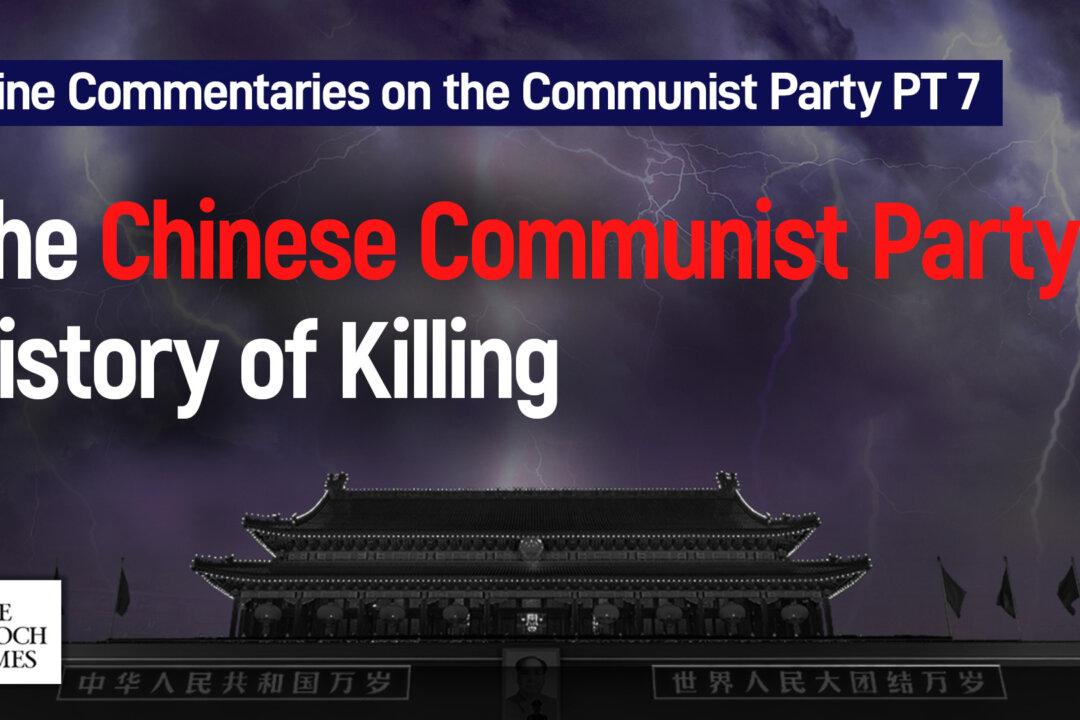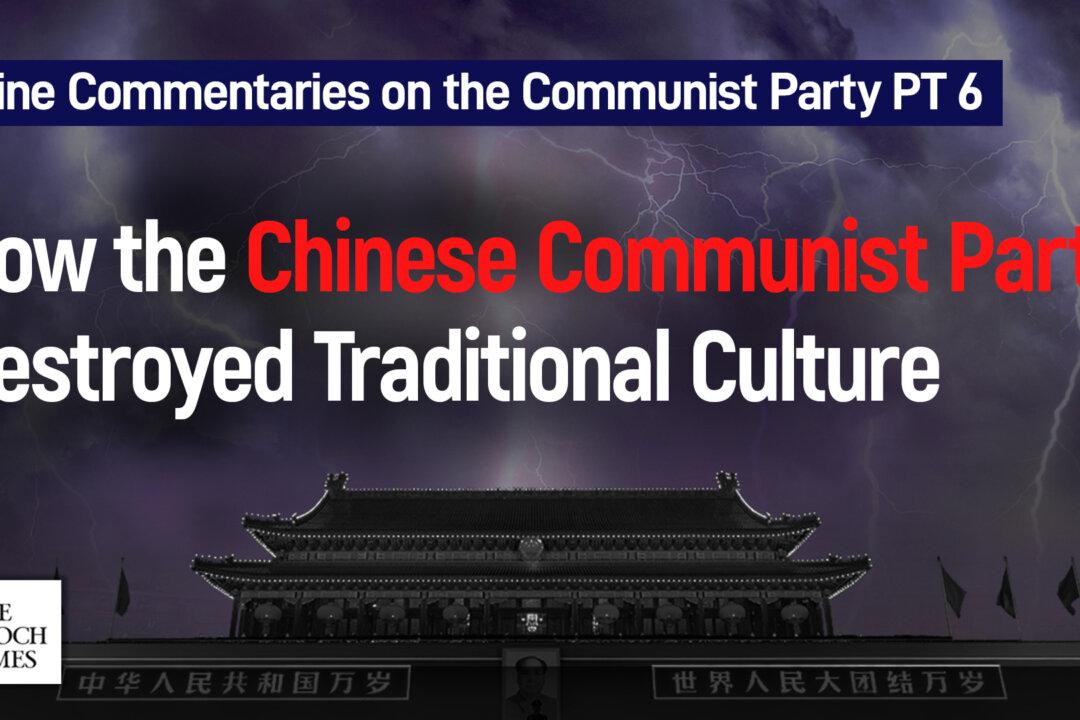The Epoch Times is serializing an adaptation from the Chinese of a new book, How the Specter of Communism Is Ruling Our World, by the editorial team of the Nine Commentaries on the Communist Party.
Table of Contents
Introduction1. State Ownership and Planned Economies: Systems of Slavery
a. State Ownership: A Totalitarian Yoke b. Economic Planning: Destined to Fail
2. Western Countries: Practicing Communism by Another Namea. High Taxes and Welfare b. Aggressive Economic Interventionism in Western Countries c. How Socialist Economics Leads to Communist Totalitarianism
References



